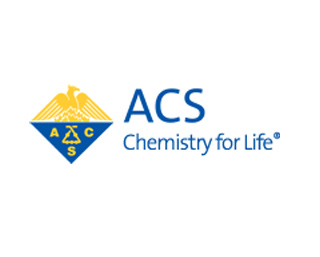
Experts identified that statin functions by restricting an essential enzyme involved in the body’s production of cholesterol. Some analyses relate the drug to an augmented risk of anxiety and depression; however other reasons are seemingly yet inside the closet. Previous findings reveal that it is essential to maintain normal cholesterol levels for the function of cell receptors for serotonin that is known to be a hormone that alters mood and behaviors. The long-term effect of cholesterol exhaustion on these receptors occurring among patients who consume anti-cholesterol drugs is not clear.
In order to elaborate this, experts turned to the statin medication mevastatin. They revealed that long-term use of the drug lead to drastic changes in the structure and function of serotonin cell receptors. This was done in lab tests using human serotonin receptors expressed in animal cells. Cells treated with mevastatin revived back to normal with an addition of cholesterol. These findings claim to be the first to highlight the long term cholesterol depletion on this type of cell receptor. Further they suggest that chronic, low cholesterol levels in the brain stimulate anxiety and depression.
These findings appear in ACS’ weekly journal Biochemistry.
